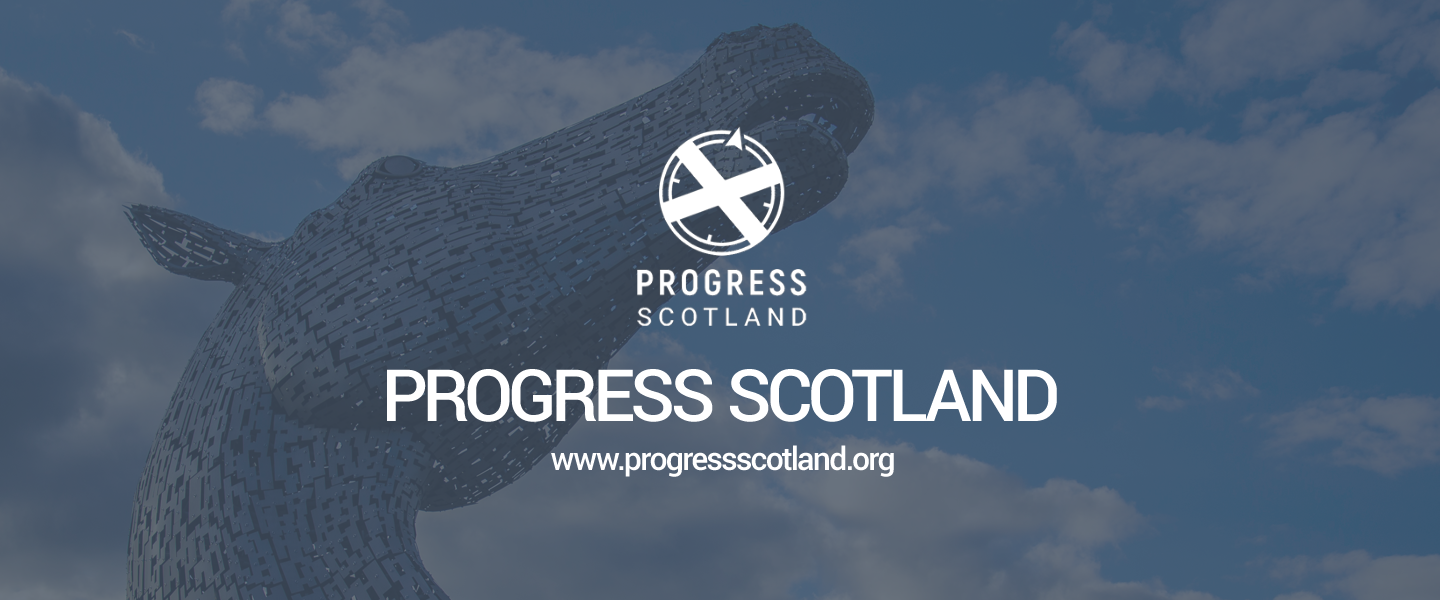
04 - 06 - 2023 / Polling
SCOTTISH INDEPENDENCE POLLS: A CONSISTENT TREND OF SUPPORT FOR INDEPENDENCE INCREASING
The last five polls on Scottish independence have shown a consistent trend of support for independence increasing. In the most recent poll, conducted by YouGov in March 2023, 52% of respondents said they would vote for independence, while 48% said they would vote to remain in the United Kingdom.
Ipsos Mori (May 21) placed the Yes side on 53.1% and the No side on 46.9%, post adjusting for undecided voters.
This is a significant increase from the previous poll, conducted in December 2022, which showed 49% support for independence and 51% support for remaining in the UK. The trend of increasing support for independence is likely due to a number of factors, including the UK's departure from the European Union, which has led to economic uncertainty in Scotland.
In order to win a referendum on Scottish independence, the Yes campaign will need to continue to build on this momentum and convince a majority of voters that independence is the best option for Scotland. The following are some key strategies that the Yes campaign could use to win:
Yes campaign also needs to be prepared to address the concerns of voters who are undecided or who are leaning towards voting No. These concerns may include the impact of independence on the Scottish economy, the UK's security, and the future of the monarchy. The Yes campaign needs to address these concerns head-on and provide voters with clear and convincing answers.
If the Yes campaign can successfully implement these strategies, it will be in a strong position to win a referendum on Scottish independence.
In addition to the above strategies, the Yes campaign could also consider Reaching out to undecided voters. Yes needs to make a concerted effort to reach out to undecided voters and convince them to vote for independence.
The Yes campaign faces an uphill battle, but it is not impossible to win a referendum on Scottish independence.
The Scottish Parliament has a mandate to hold a referendum on Scottish independence. In 2014, the Scottish people voted to remain part of the UK by a margin of 55% to 45%. However, the Scottish Parliament has since voted to hold a second referendum. This shows that the Scottish people are still divided on the issue of independence, and that a second referendum is necessary to resolve this issue.
The Scottish Parliament is a devolved parliament, which means that it has a degree of autonomy from Westminster. The Scottish people have elected a Scottish Parliament, and that Parliament has a mandate to hold a referendum on Scottish independence. Westminster should respect the democratic will of the Scottish people and allow the Scottish Parliament to hold a referendum.

